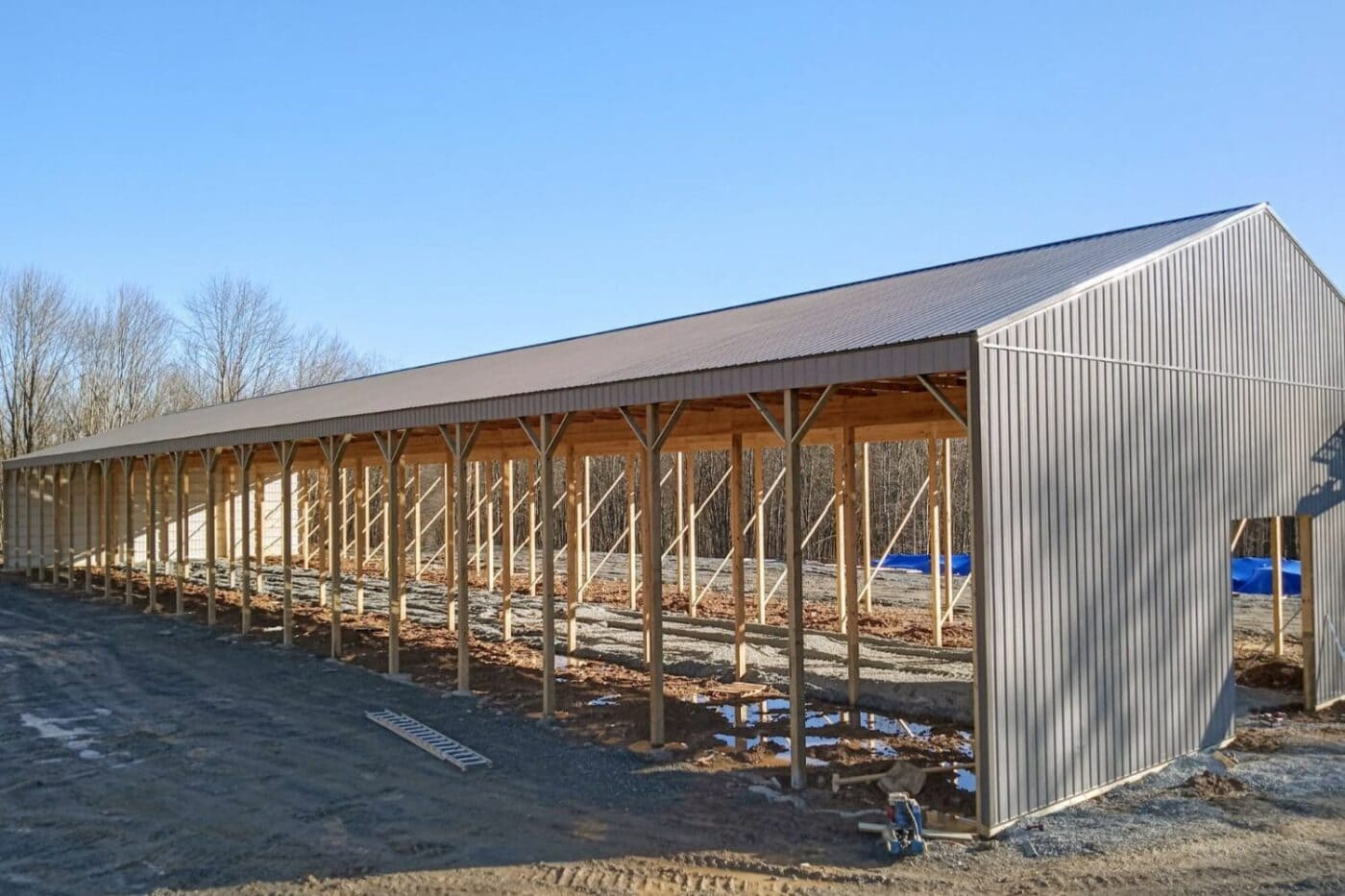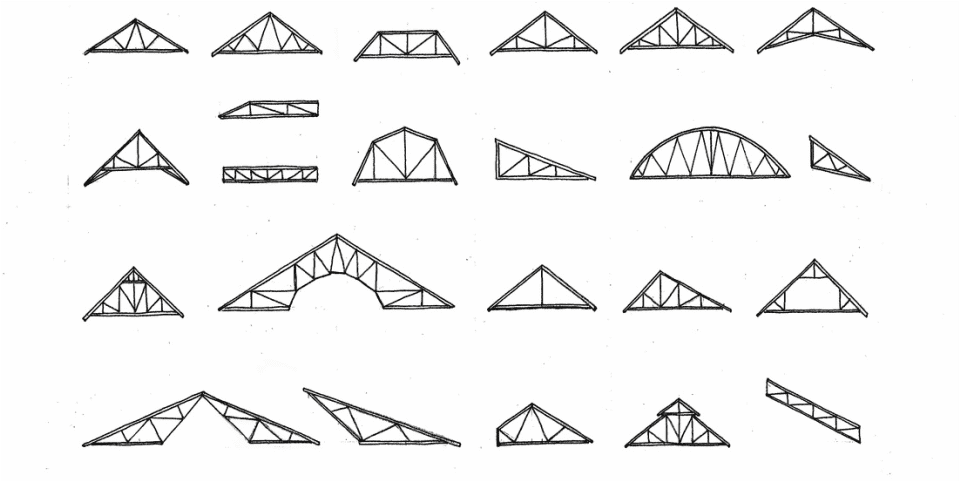Introduction:
Buying a house is a significant financial and emotional investment, requiring careful consideration of various factors. One crucial aspect that often raises concerns is the structural integrity of the property, particularly when faced with bowing basement walls. In this article, we will explore the implications of purchasing a house with bowing basement walls, weighing the risks and rewards to help you make an informed decision.
Understanding Bowing Basement Walls:
Bowing basement walls are a common structural issue that can be caused by several factors, including soil pressure, poor construction, water damage, or foundation settling. The walls may appear to curve or lean inward, indicating potential stress on the foundation. While not uncommon, bowing walls can escalate into more severe problems if left unaddressed.
Risks Associated with Bowing Basement Walls:
- Structural Integrity: Bowing basement walls can compromise the overall structural integrity of the house. If left untreated, this issue may lead to further damage to the foundation, potentially affecting the entire property.
- Water Damage: The bowing walls can create vulnerabilities in the basement, making it susceptible to water penetration. This, in turn, may lead to mold growth, deterioration of the foundation, and damage to belongings stored in the basement.
- Decreased Property Value: A house with visible structural issues, such as bowing basement walls, may experience a decrease in market value. Future buyers might be hesitant to invest in a property with known structural concerns, impacting your ability to sell the house at a desirable price.
Assessing the Severity of Bowing Basement Walls:
Before making a decision, it’s crucial to assess the severity of the bowing basement walls. Consult with a professional structural engineer or a qualified home inspector to conduct a thorough examination. They can provide insights into the extent of the issue, potential causes, and recommended solutions.
Possible Solutions:
- Foundation Repair: Depending on the severity of the bowing, foundation repair specialists may recommend solutions such as installing steel braces, carbon fiber straps, or helical tiebacks to stabilize the walls.
- Waterproofing: Addressing water issues is crucial. Implementing proper waterproofing measures, such as installing a drainage system and sealing cracks, can prevent further damage and protect your investment.
- Cost Considerations: Obtain quotes from reputable contractors to determine the cost of necessary repairs. Factor in these costs when assessing the overall affordability of the property.
Making an Informed Decision:
- Consult Professionals: Seek advice from structural engineers and professionals in foundation repair to gain a comprehensive understanding of the situation.
- Negotiate Terms: If you decide to proceed with the purchase, negotiate with the seller to either address the structural issues before closing or adjust the sale price to accommodate the necessary repairs.
- Consider Long-Term Implications: Reflect on your long-term plans for the property. If the bowing basement walls are a significant concern, it’s essential to weigh the potential costs and inconveniences against the benefits of owning the home.
Conclusion:
While buying a house with bowing basement walls poses challenges, it’s not necessarily a deal-breaker. By thoroughly assessing the severity of the issue, seeking professional advice, and considering potential solutions, you can make an informed decision that aligns with your financial goals and risk tolerance. Remember, the key is to be proactive in addressing the problem to ensure the long-term stability and value of your investment.





